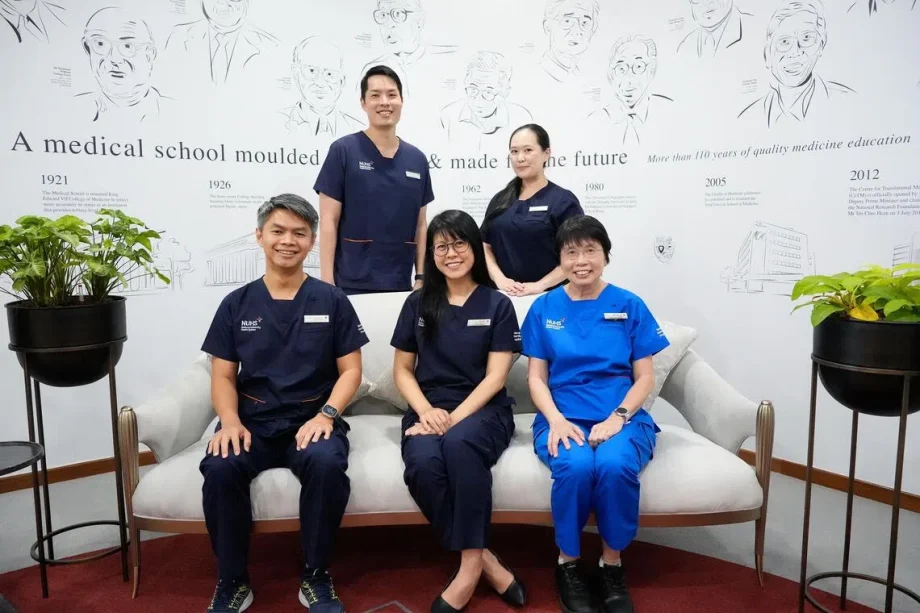SINGAPORE – Between October 2024 and August 2025, 108 terminal cancer patients hospitalised at the National University Hospital (NUH) benefited from an initiative that aimed to relieve them of the burden of unnecessary medications and interventions.
During this period, these patients took an average of three fewer oral medications, with some taking 13 fewer. They also underwent fewer vital-signs checks and finger pricks to check their blood glucose, with some experiencing up to 52 fewer blood glucose pricks.
The patients were also able to save on expenses, with the reduction in blood glucose pricks alone allowing them to save an average of $60 each, with some saving up to $740.
This approach allowed them to focus on their comfort and quality of life, as well as spend more meaningful time with their loved ones, the hospital said.
Since October 2024, NUH has collaborated with the National University Cancer Institute, Singapore (NCIS) to introduce an appropriate care end-of-life pathway for cancer patients.
The initial cohort of 108 was selected based on criteria such as a prognosis of about one month to live, said Adjunct Associate Professor Samuel Ow, who leads the project.
Doctors, nurses and pharmacists came together with the aim of enhancing care for these patients, the senior consultant with the haematology-oncology department at NCIS, told reporters on Oct 9.
“Once the patient is identified, we will then provide an individualised care plan with appropriate interventions, and these may include reducing non-essential medications, such as cholesterol-lowering drugs that have been shown in advanced cancer patients to not change lifespan,” said Prof Ow.
Outpatient appointments are also re-evaluated to reduce unnecessary appointments for patients who may be frail and have difficulty going to the hospital.






